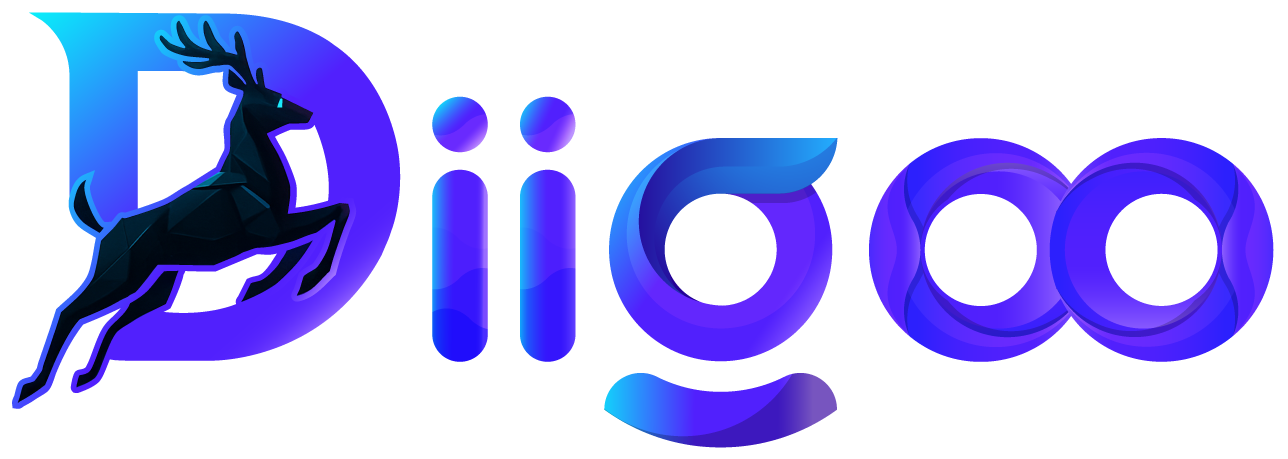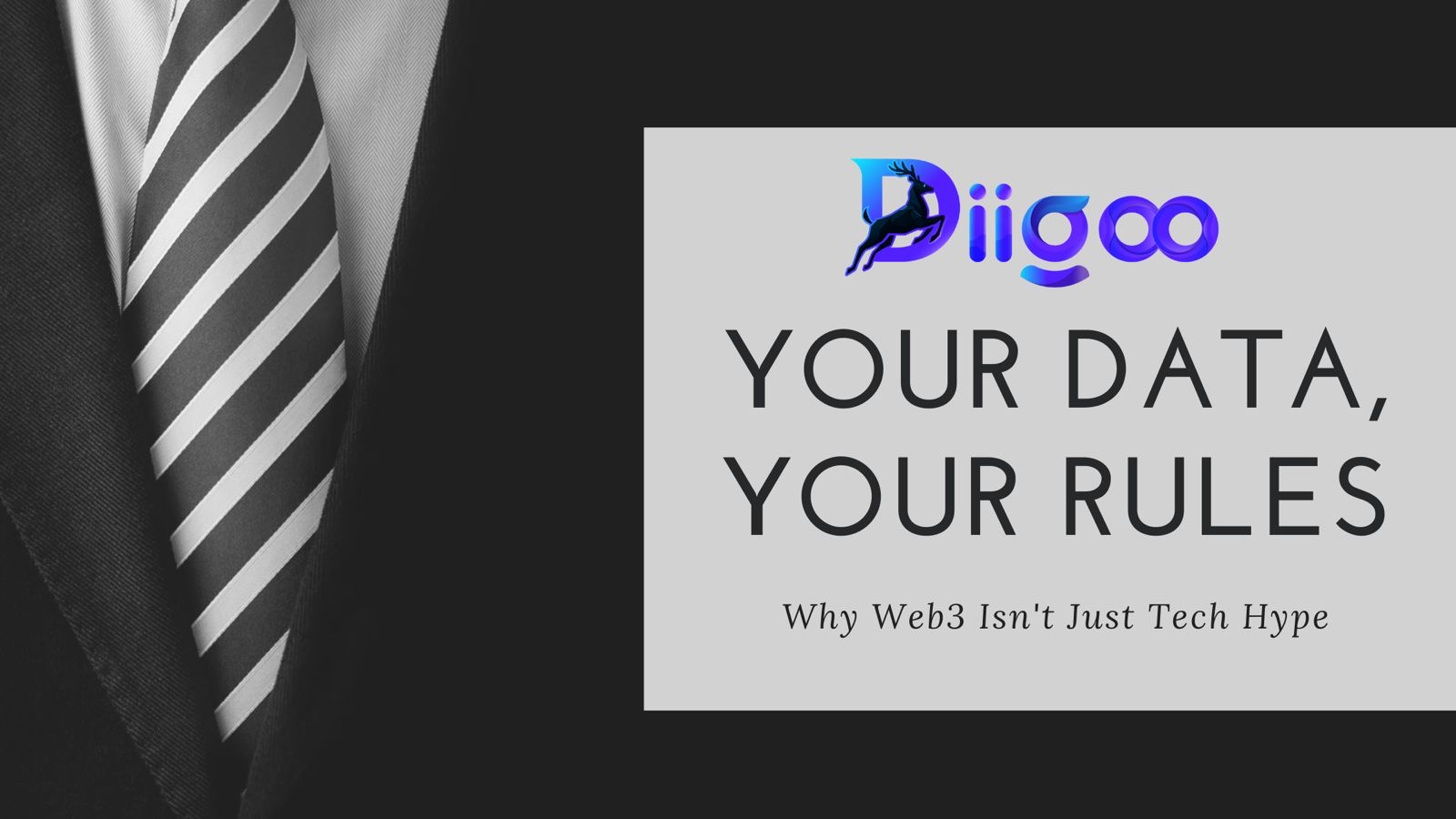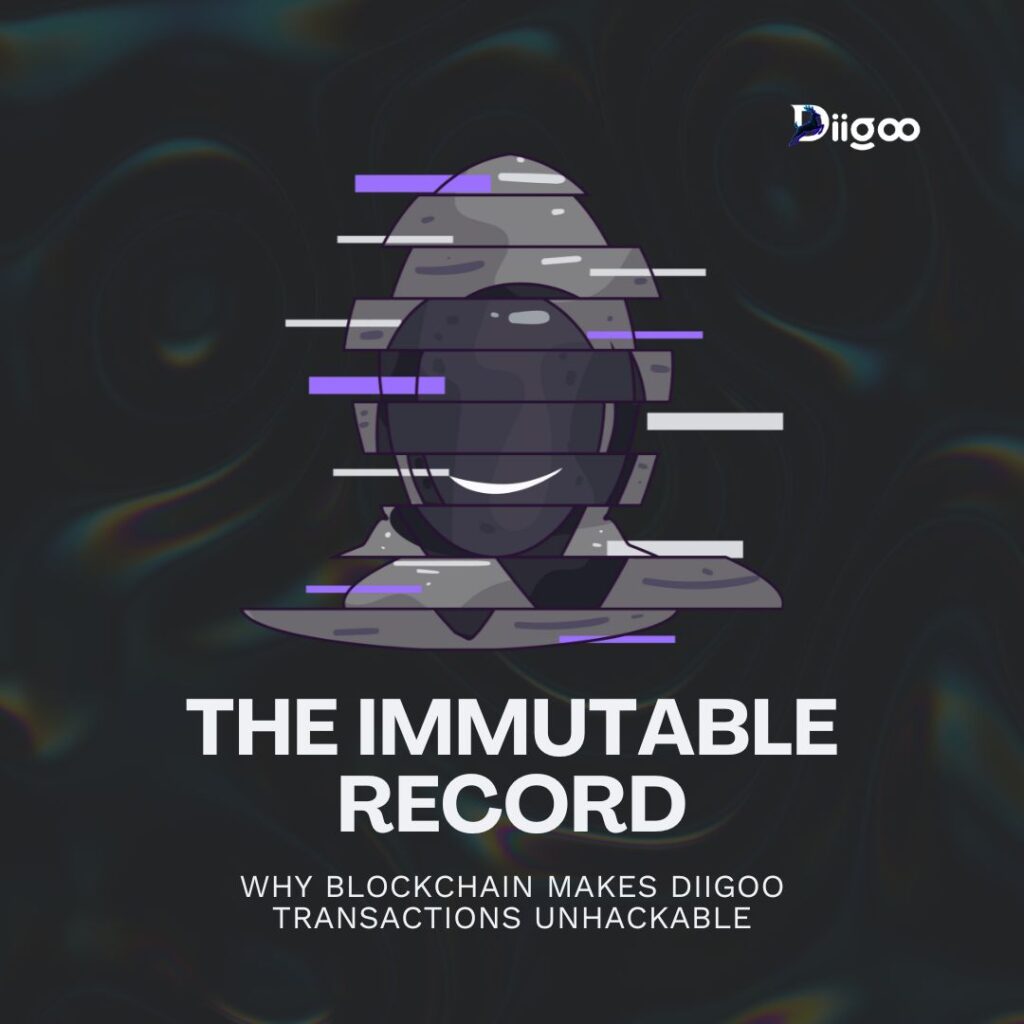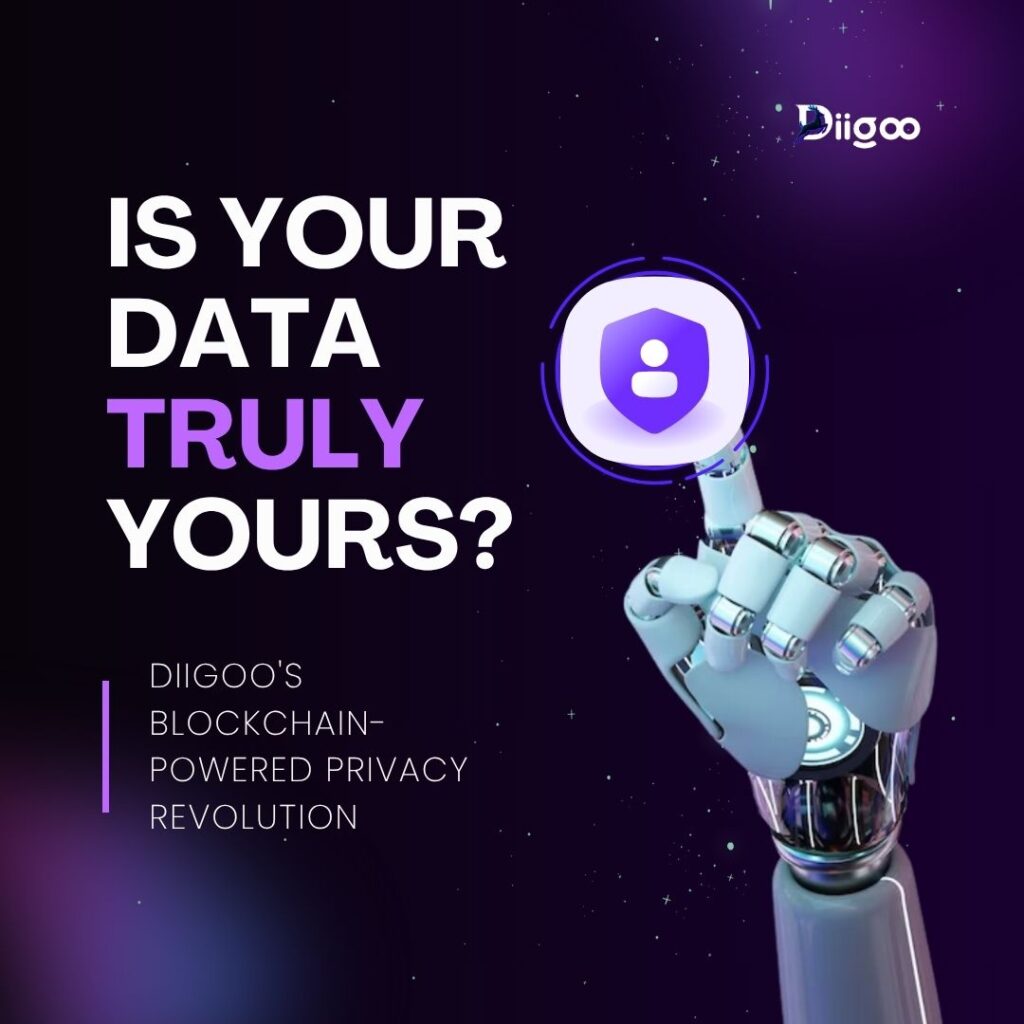Hey there, ever feel like you’re just a product online?
Like companies track, analyze, and sell every click, every search, and every interaction to the highest bidder? If big tech companies control your digital life and make you feel a slight unease, then it’s time we talked about Web3 and decentralization. This isn’t just about fancy blockchain jargon; it’s about reclaiming ownership in a digital world.
The Web as We Know It: A Centralized Kingdom
Think about the internet today – what we call Web 2.0. A few massive, centralized platforms build it. Facebook, Google, Amazon, X (formerly Twitter) – they offer incredible services, no doubt.
But in exchange, you’re giving them immense power. They control your data, decide what content you see (and don’t see), and can even deplatform you without much recourse. It’s like living in a kingdom where a few kings dictate all the rules, and you’re just a subject. This centralization makes us vulnerable to data breaches, censorship, and the whims of corporate policies. You rent your digital identity; you do not truly own it.

Enter Web3: Shifting the Power Paradigm
Web3 is the internet’s next evolution, and at its core is the concept of decentralization. Imagine a web where a vast network of computers distributes data and applications, rather than a few companies owning giant servers. Technologies like blockchain, the same tech behind cryptocurrencies, power this.
What does this mean for you? It means:
- True Data Ownership: Your data isn’t stored on a company’s server; it’s encrypted and belongs to you. You decide who accesses it and how it’s used. No more “I agree to the terms and conditions I haven’t read” blindly signing away your privacy.
- Censorship Resistance: Because there’s no single point of control, it’s incredibly difficult for any entity to censor or shut down content.
Freedom of speech gets a serious upgrade when no one can pull the plug. - New Digital Economies: Web3 introduces digital tokens and cryptocurrencies as native ways to exchange value. Creators get paid directly, users earn from their contributions, and genuinely community-owned platforms emerge.
It’s a big shift, and it won’t happen overnight. But the idea of an internet that empowers individuals rather than central authorities? That’s not just tech hype; that’s a fundamental change for a more equitable and secure digital future.




